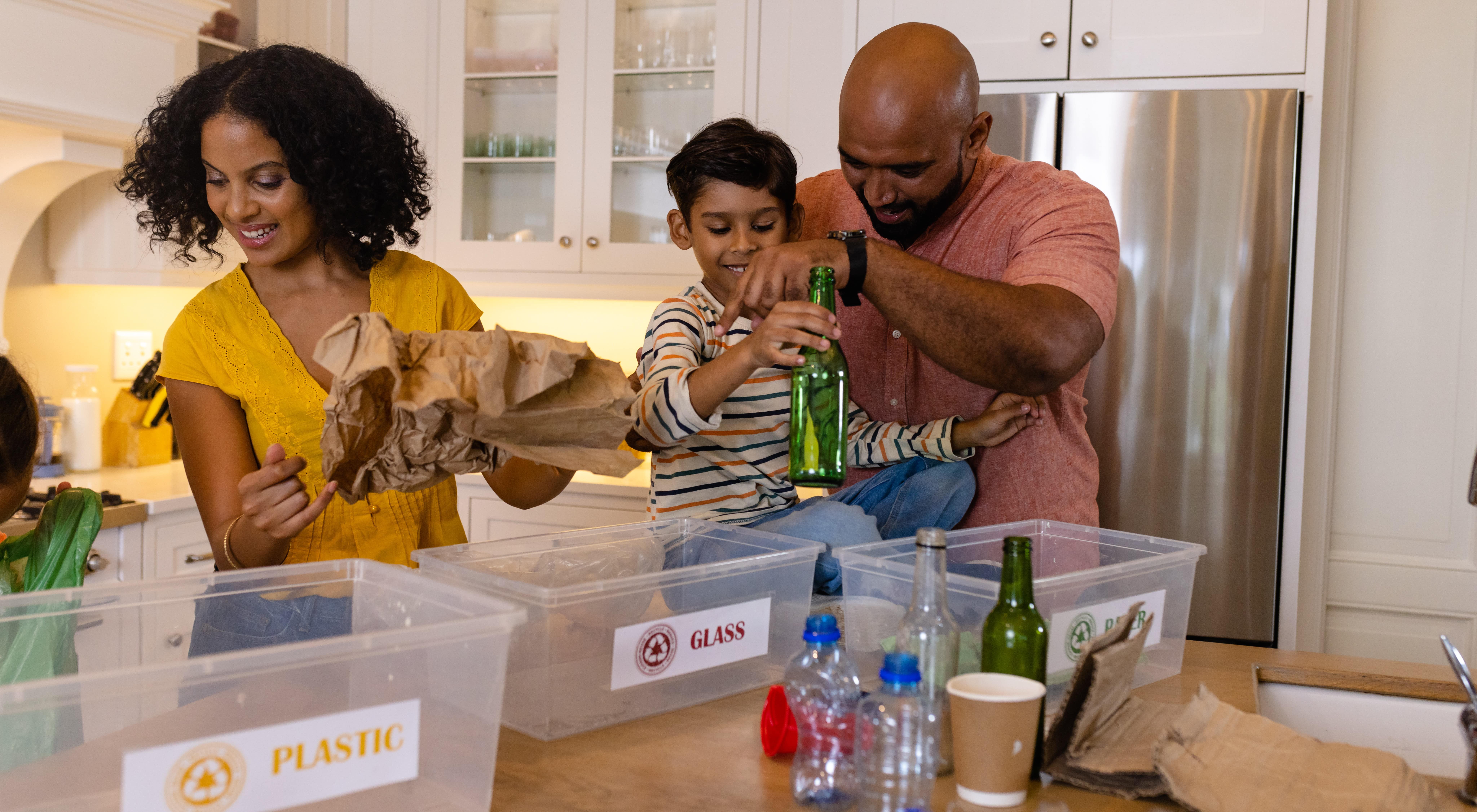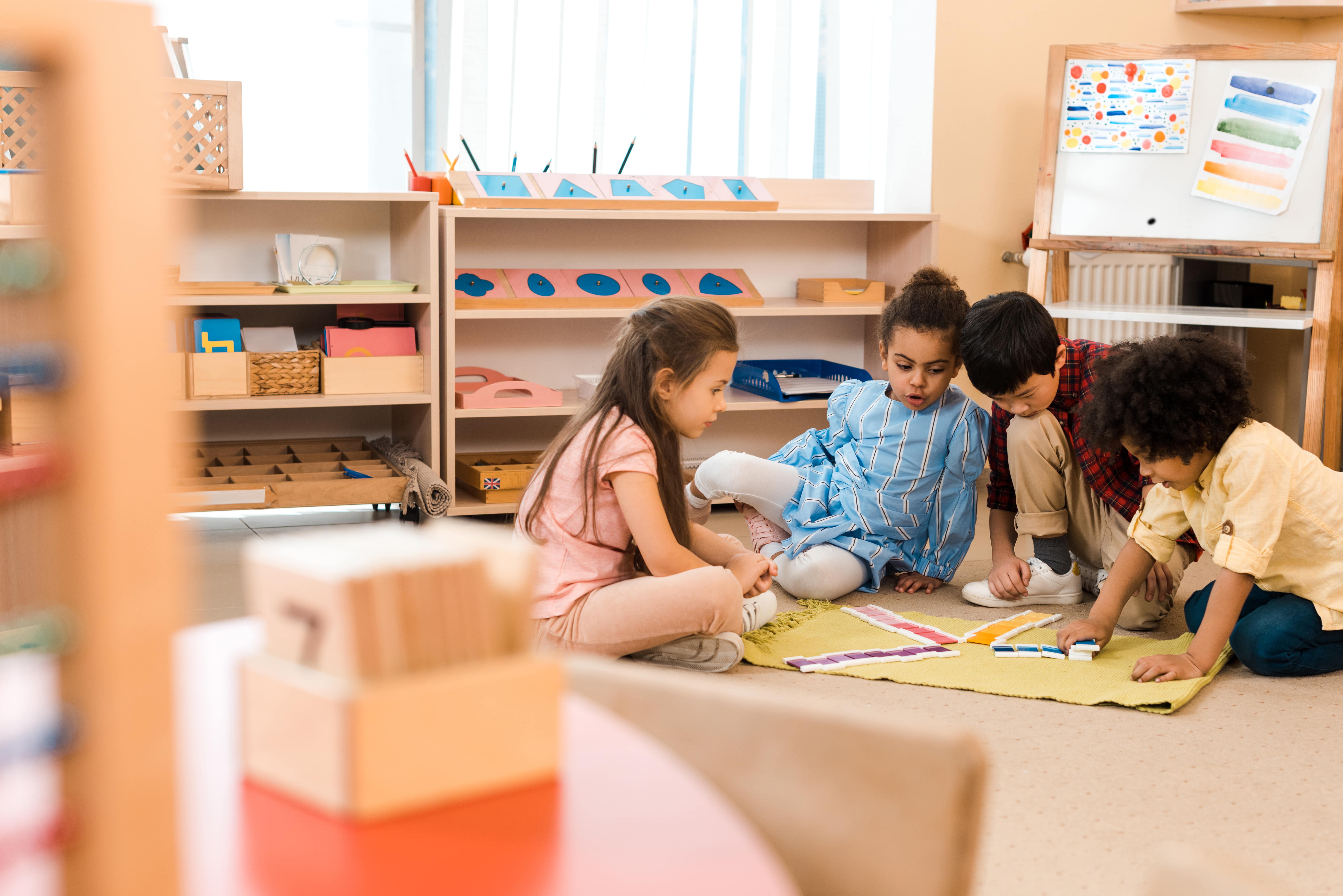Follow these simple at-home habits to help toddlers build friendships by practicing sharing, empathy, and cooperation to grow into kind friends.
Friendships in early childhood may look like giggles over blocks, sharing snacks, or sitting side by side with crayons. For toddlers and preschoolers, these early bonds are the building blocks of empathy, cooperation, and social confidence. Families play a powerful role in creating the foundation for these skills. By practicing a few simple habits at home, you can help your child grow into a kind and connected friend.
1. Model Friendship Skills
Children learn more from what we do than what we say. Let them see you greet neighbors, thank the cashier, or check in on a friend. Narrate your actions in simple terms, like “I’m sharing cookies with Grandma because I care about her.” This shows toddlers that friendship means kindness in everyday moments. Use positive reinforcement when your toddler makes an effort to share, cooperate, or be kind. Simple praise like “That was thoughtful” reinforces positive social behavior. Some families even keep a “kindness jar,” where they add a token each time someone shows care or generosity.
2. Practice Sharing and Taking Turns at Home
Toddlers often struggle with sharing, but you can create safe opportunities to practice. Use toys, books, or even snacks to model taking turns. Games like rolling a ball back and forth or switching who holds the flashlight during story time help children learn patience and cooperation in a playful way.
3. Teach the Language of Feelings
Friendship grows when children can understand and express emotions. At home, label feelings when they arise, such as “You’re sad because the block tower fell” or “I feel happy when you hug me.” Reading picture books about emotions can also help toddlers recognize feelings in themselves and others, laying the groundwork for empathy. Encourage your toddler to use I statements when expressing their own feelings as well.
4. Encourage Cooperative Play
Set up activities where siblings or playmates need to work together. Building a blanket fort, baking cookies, or doing a scavenger hunt encourages teamwork. Cooperative play helps children realize that being part of a group is fun and rewarding. Some activities/games you can play at home are “Pass the Ball” or “Simon Says” which encourage sharing and waiting skills.
5. Create Opportunities for Practice
Friendship skills grow with practice. Regularly schedule playdates, park outings, or story times at the library. Even short, consistent interactions give toddlers chances to practice greetings, sharing, and group play. Consider enrolling your toddler in a youth group or after school sport/activity to help them meet other children with similar interests. This will also create comfort and familiarity with meeting new people and playing together.
6. Limit Screen Time in Favour of People Time
Screens can be a useful tool for education or entertainment, but when toddlers spend too much time in front of them, they miss out on the chance to practice real-life interactions. Young children learn friendship skills by watching faces, hearing voices, and responding to body language. These subtle cues do not come across in the same way through a cartoon or app. At home, try setting aside parts of the day where screens are turned off and replaced with opportunities for connection. This might look like family meal times with no devices, a daily block of outdoor play, or evening story time together. The goal is not to eliminate screens altogether, but to create more moments where toddlers can practice sharing, turn-taking, and conversation in real time.
Friendships in toddlerhood do not look like adult relationships, but every smile, shared toy, or kind word builds a foundation. By modeling kindness, creating practice opportunities, and celebrating small wins, you are giving your child the tools to grow into a caring friend. If you feel your toddler is continuing to struggle with making friends, despite making an effort to help them, consider seeking a professional opinion.
Stay in the know and check us out on social media! Follow BrightPath on Facebook and Instagram for a variety of fun activities and daily inspiration.







